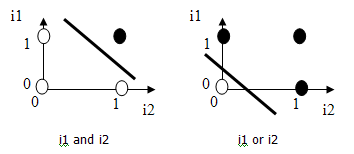

Spectacle, we turned in the direction of the city and at that instant When we had finished our prayers and viewed the Procession of the inhabitants but that of the Thracians was equally,

That I might offer up my prayers to the goddess (Bendis, the ThracianĪrtemis.) and also because I wanted to see in what manner they wouldĬelebrate the festival, which was a new thing. Open the text in an editor and just look at the text data.įor example, here is the first piece of dialog: We will start by preparing the data for modeling. Now we can develop a language model from this text. The file should be about 15,802 lines of text. Save the cleaned version as ‘ republic_clean.txt’ in your current working directory. Download The Republic By Plato (republic_clean.txt).Here is a direct link to the clean version of the data file: I went down yesterday to the Piraeus with Glaucon the son of Ariston,Īnd it shall be well with us both in this life and in the pilgrimage of a thousand years which we have been describing. This includes details about the book at the beginning, a long analysis, and license information at the end. Open the file in a text editor and delete the front and back matter. Download The Republic by Plato (republic.txt)ĭownload the book text and place it in your current working directly with the filename ‘ republic.txt‘.You can download the ASCII text version of the entire book (or books) here: It is available on the Project Gutenberg website in a number of formats. The entire text is available for free in the public domain. conversation) on the topic of order and justice within a city state The Republic is the classical Greek philosopher Plato’s most famous work. This tutorial is divided into 4 parts they are: Photo by Carlo Raso, some rights reserved. How to Develop a Word-Level Neural Language Model and Use it to Generate Text Update May/2020: Fixed a typo in the expectation of the model.Update Apr/2018: Fixed type in model description.Kick-start your project with my new book Deep Learning for Natural Language Processing, including step-by-step tutorials and the Python source code files for all examples. How to use the learned language model to generate new text with similar statistical properties as the source text.



 0 kommentar(er)
0 kommentar(er)
